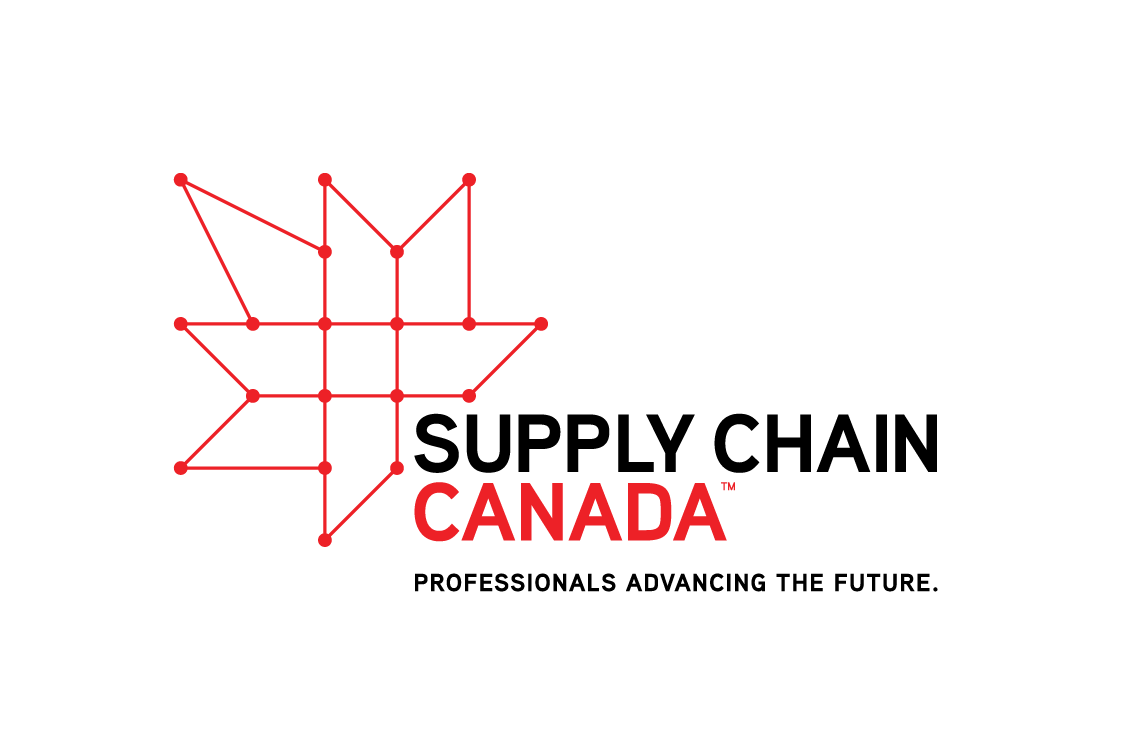Logistics & Supply Chain Management
Supply chain management deals with the logistics of the flow of goods and services from suppliers to consumers. As a high in-demand industry, supply chain management positions can vary from stocking shelves and ensuring correct inventory to warehouse operations and transportation of goods to required locations.
In Reeves College’s Logistics and Supply Chain Management program, you will learn a variety of skills including supply and demand estimation and forecasting, inventory control, financial planning and operations, negotiation techniques, and much more.
Take hands-on supply chain logistics courses in procurement, demand planning, contract management, transportation and freight forwarding, and more.
Before graduating from the program, you will complete a 16-week practicum placement in a real-world supply chain setting.
Supply Chain Canada
This program has been approved for advanced standing towards attaining the Supply Chain Management Professional (SCMP™) designation.
Supply Chain Canada and Reeves College are committed to supporting graduates of the Supply Chain Management program to be at the leading edge of supply chain throughout their careers, to improving the corporate performance of their organizations, and to influence the transformation of supply chain systems in Canada.
To achieve this, the parties have reached an agreement to provide an efficient path for graduates of the program, who achieve a grade of 70% or higher completed within the last two years, to advanced standing towards the following SCMP academic program components:
• Module 2: Procurement and Supply Management
• Module 3: Logistics and Transportation
• Module 4: Operations and Process Management
• Workshop 2: Negotiation Skills
In addition to the SCMP program coursework requirements, candidates must also successfully complete SCMP Leadership Residency and the National Case-Study Final Examination. All SCMP candidates must also satisfy the 3-year work experience requirements (e.g., employment, internships,co-op placements, etc.).

This program is 47 weeks in length.
- Sourcing and Procurement Specialist
- Purchasing Clerk
- Pricing Coordinator
- Supply Chain Logistics Planner
- Supply Chain Coordinator
- Inventory Clerk
- Inventory Control Analyst
- Warehouse Operations Manager
- Shipping and Receiving Administrator
- Transportation Scheduler
- Distribution Logistics Analyst



